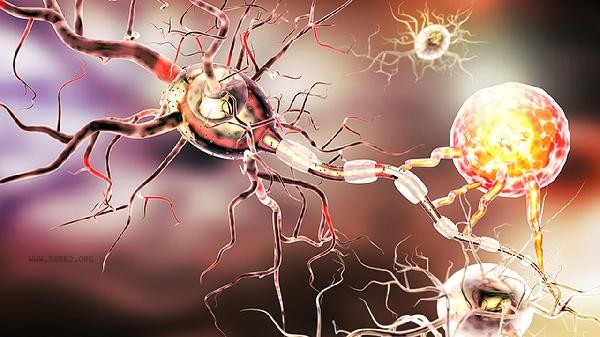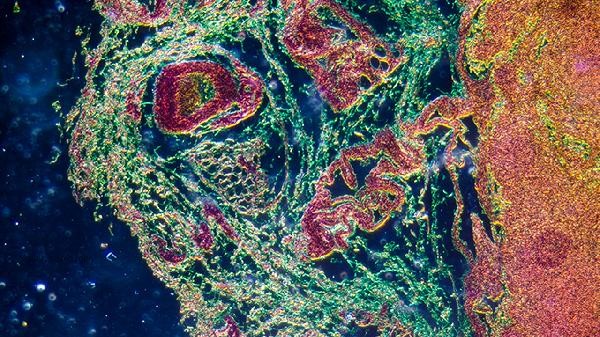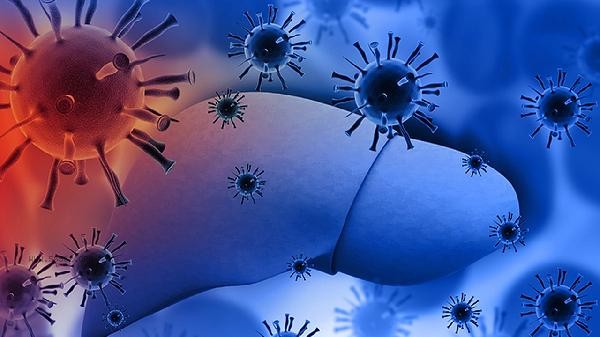Low levels of eosinophils can be improved by adjusting diet, avoiding exposure to allergens, supplementing nutrition, regular check ups, and following medical advice. Low levels of eosinophils may be related to allergic reactions, nutritional deficiencies, drug effects, endocrine disorders, blood diseases, and other factors.

1. Adjust diet
Properly increasing foods rich in high-quality protein and vitamins, such as eggs, milk, lean meat, etc., can help promote bone marrow hematopoietic function. Avoid consuming spicy, stimulating or allergenic foods such as seafood, mangoes, etc., to reduce the stimulation of the immune system. Maintain a balanced diet and consume sufficient amounts of fresh vegetables and fruits daily.
2. Avoid contact with allergens
Common allergens include pollen, dust mites, animal hair, etc., which may further reduce eosinophils after contact. Maintain a clean living environment, regularly clean bedding, and use air purification equipment. Wear a mask when going out to reduce exposure to allergens.
3. Nutritional supplementation
Lack of hematopoietic materials such as iron, folate, and vitamin B12 can affect granulocyte production. Nutritional supplements such as ferrous sulfate tablets, folic acid tablets, and vitamin B12 tablets can be taken under the guidance of a doctor. At the same time, ensuring sufficient sleep and avoiding excessive fatigue can help improve hematopoietic function.

4. Regular follow-up
It is recommended to have a blood routine check every 1-2 months and dynamically observe changes in eosinophils. Before the examination, fasting should be maintained for 8-12 hours to avoid vigorous exercise affecting the accuracy of the results. If it continues to be low or accompanied by other abnormal indicators, further bone marrow puncture and other examinations are required.
5. Medication according to medical advice
If caused by a disease, the doctor may prescribe drugs such as recombinant human granulocyte colony-stimulating factor injection, prednisone tablets, cyclosporine soft capsules, etc. Do not purchase or adjust medication dosage on your own, strictly follow medical advice. During medication, pay attention to observing for adverse reactions such as fever and rash. When the eosinophil count is low, attention should be paid to balancing work and rest, maintaining a regular schedule, avoiding staying up late and excessive fatigue. Take appropriate walks, yoga sessions, and exercise to enhance physical fitness, but avoid intense physical activity. Maintain a positive mindset and avoid mental tension and emotional fluctuations. If symptoms such as repeated infections and fatigue occur, seek medical attention promptly and complete relevant examinations to clarify the cause. Daily recording of physical changes can be provided to doctors for reference during medical visits.









Comments (0)
Leave a Comment
No comments yet
Be the first to share your thoughts!